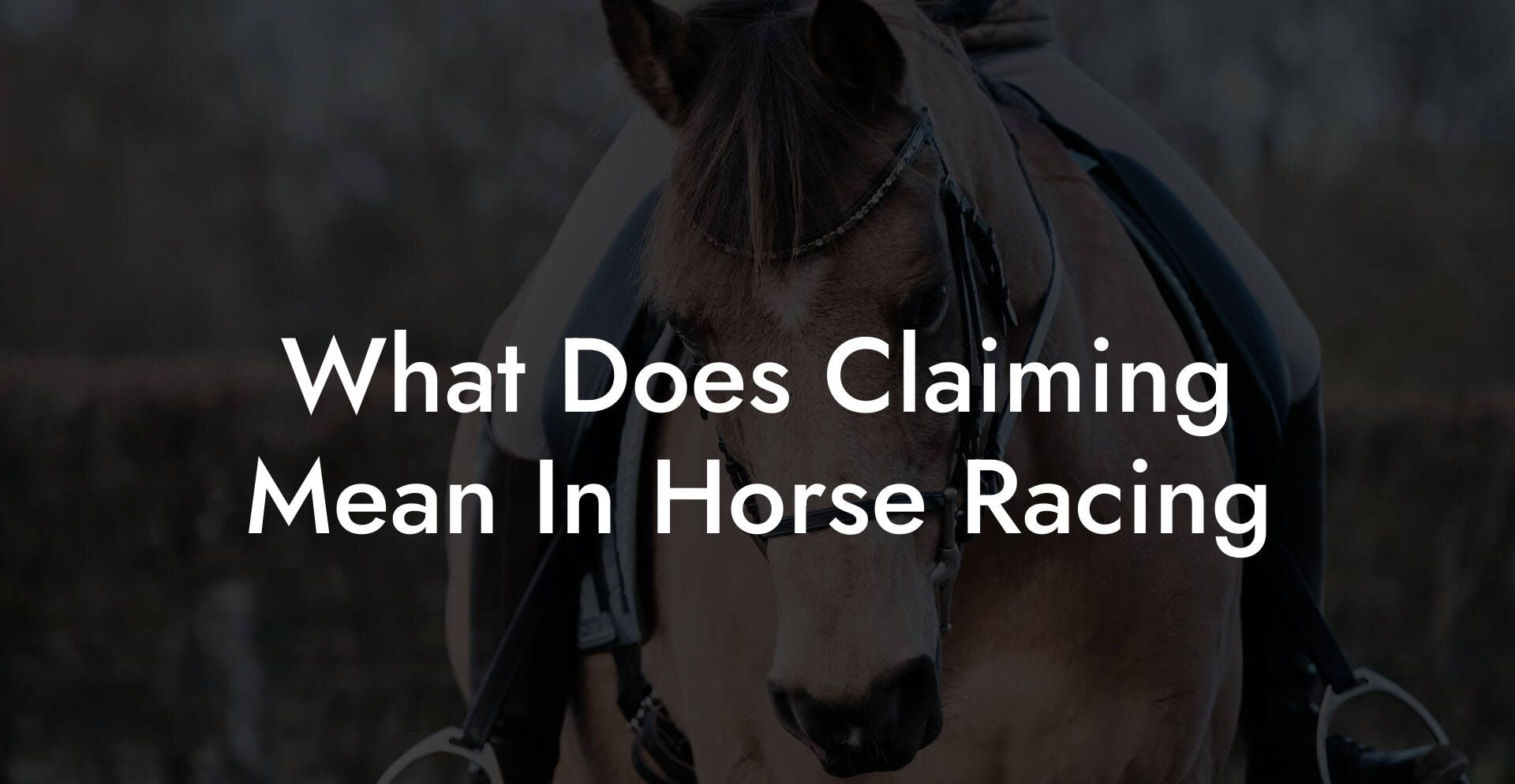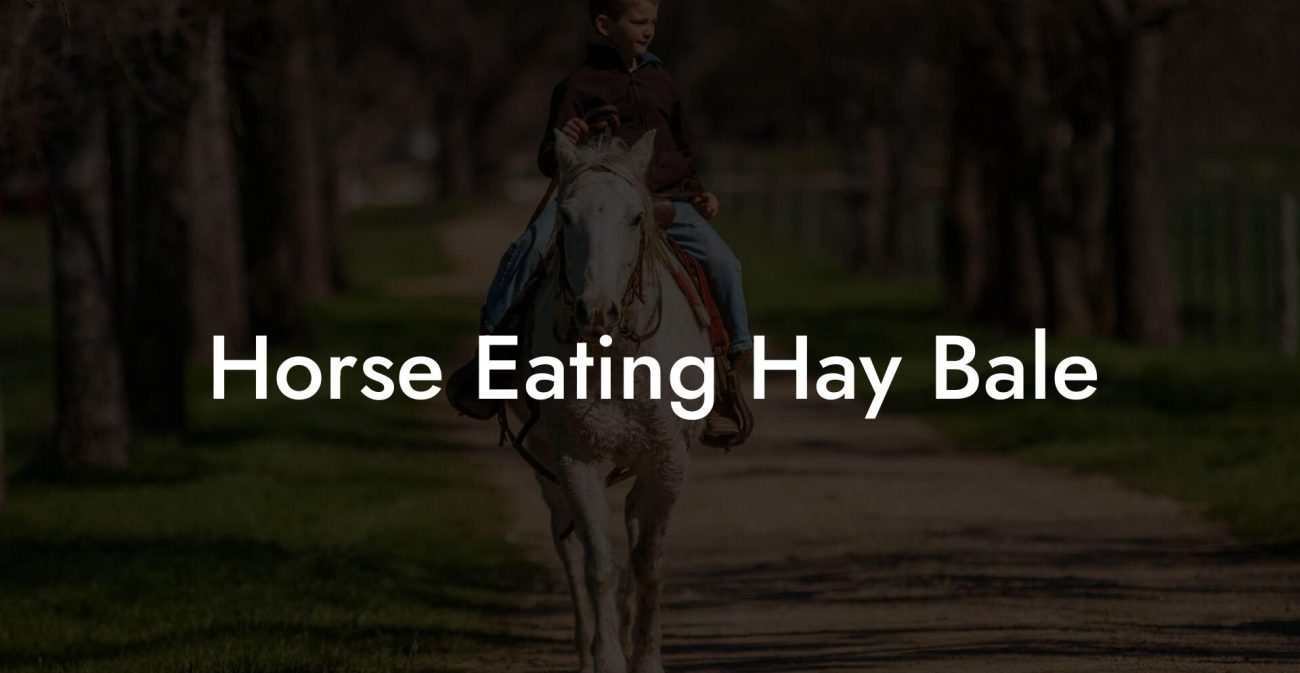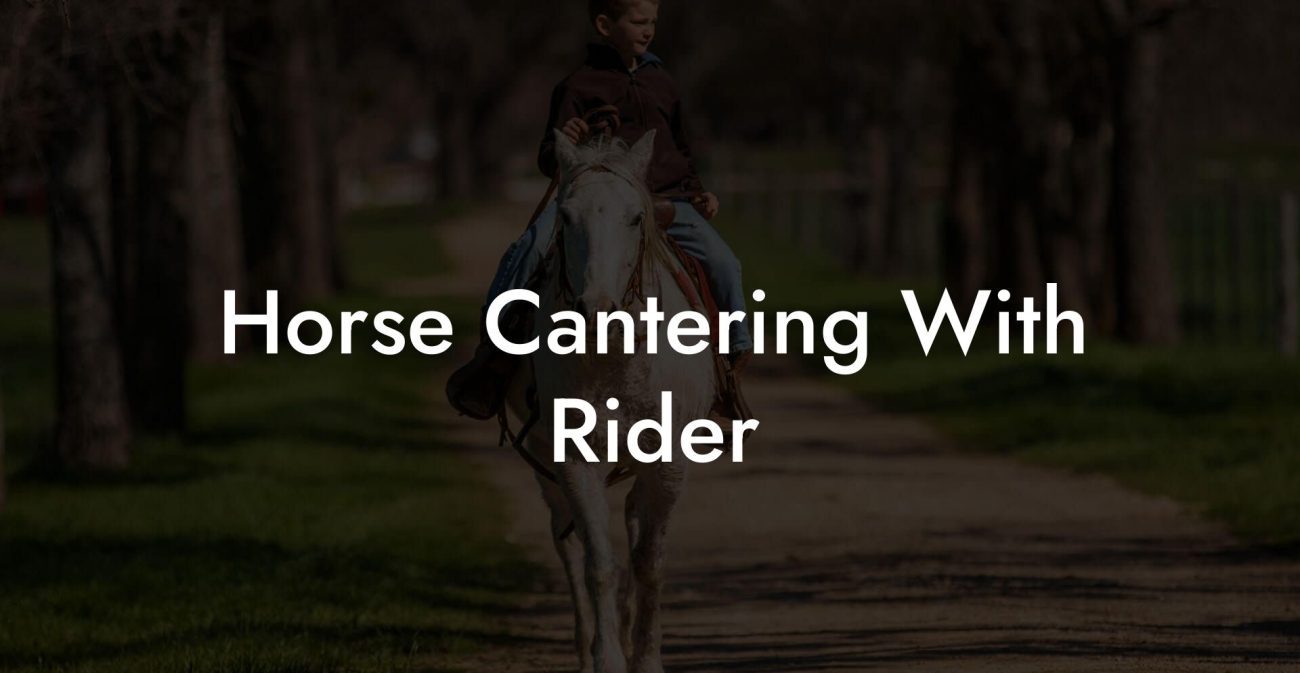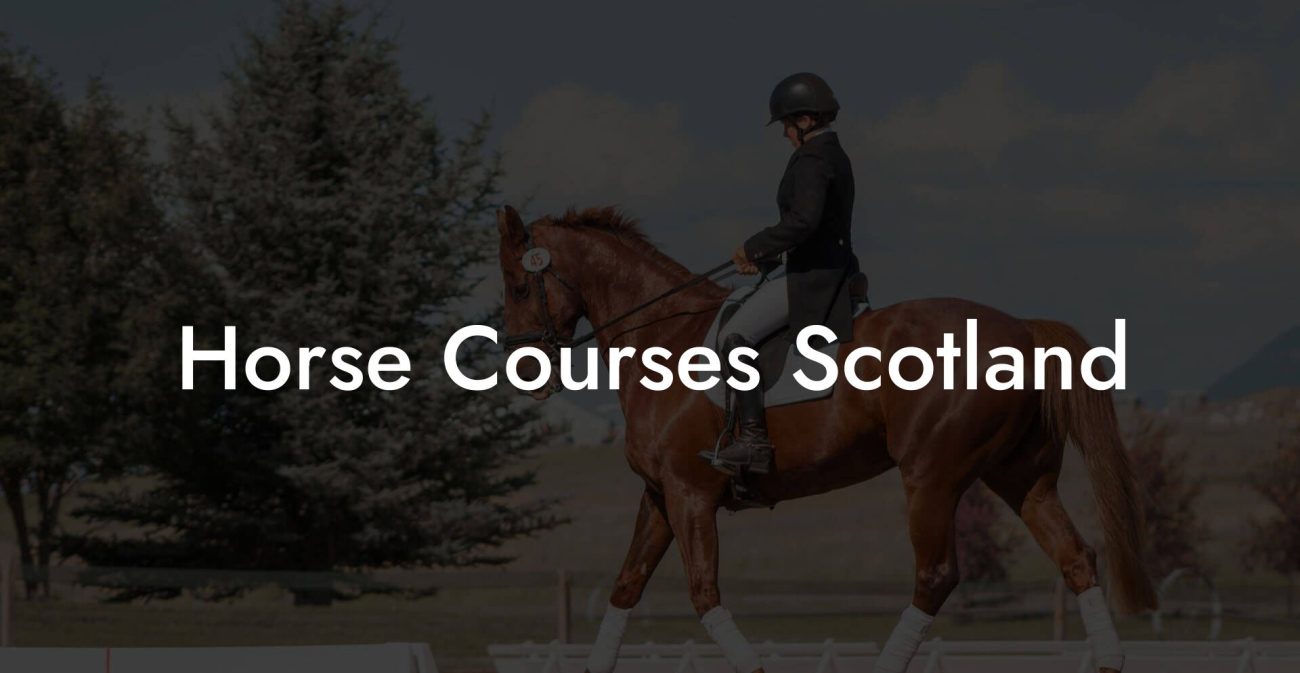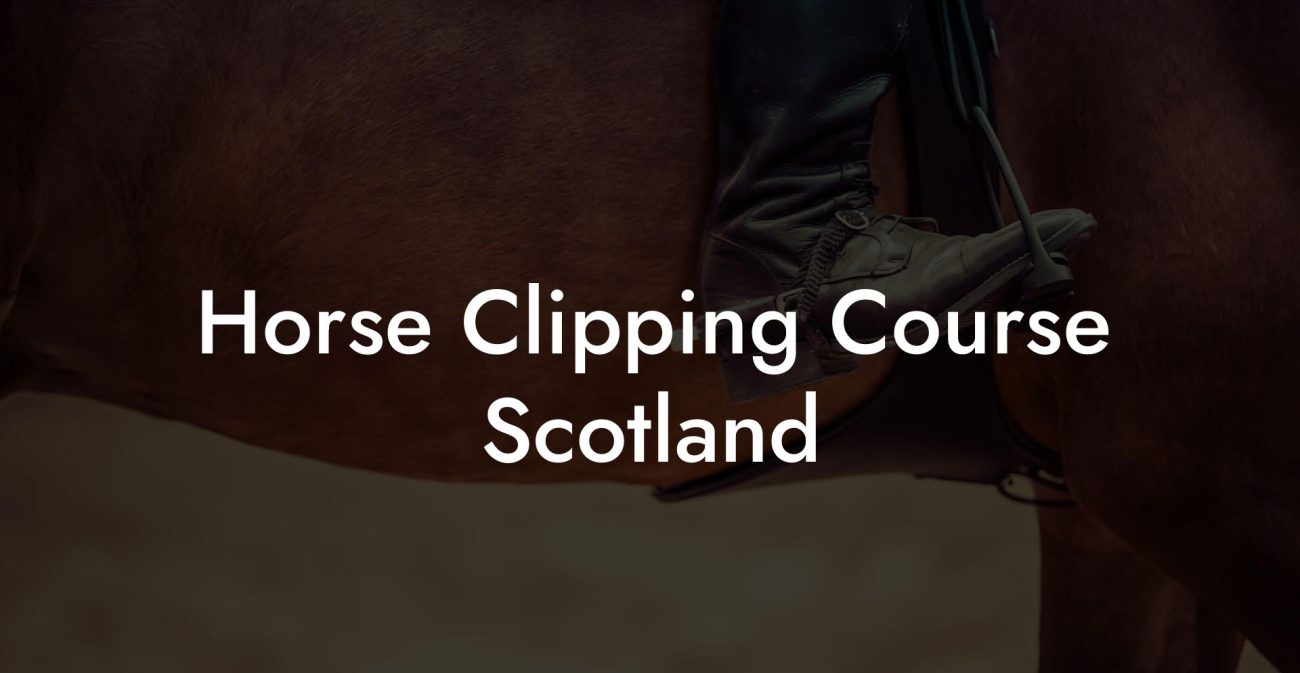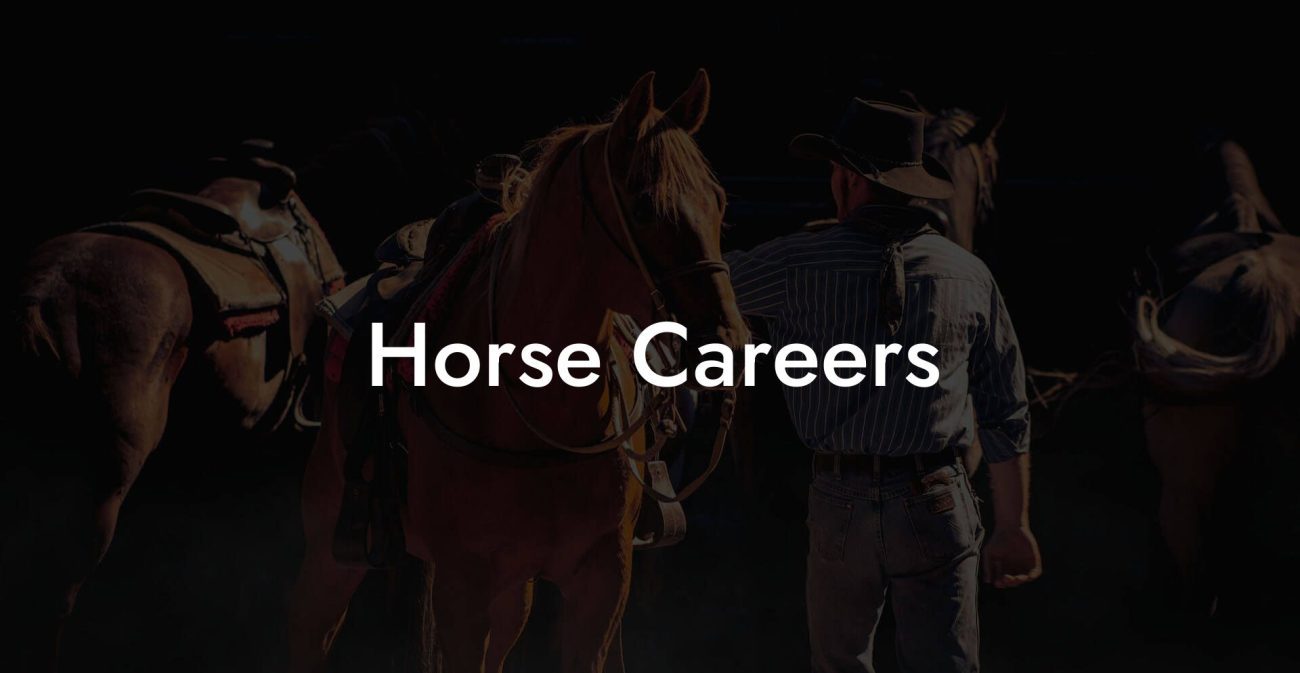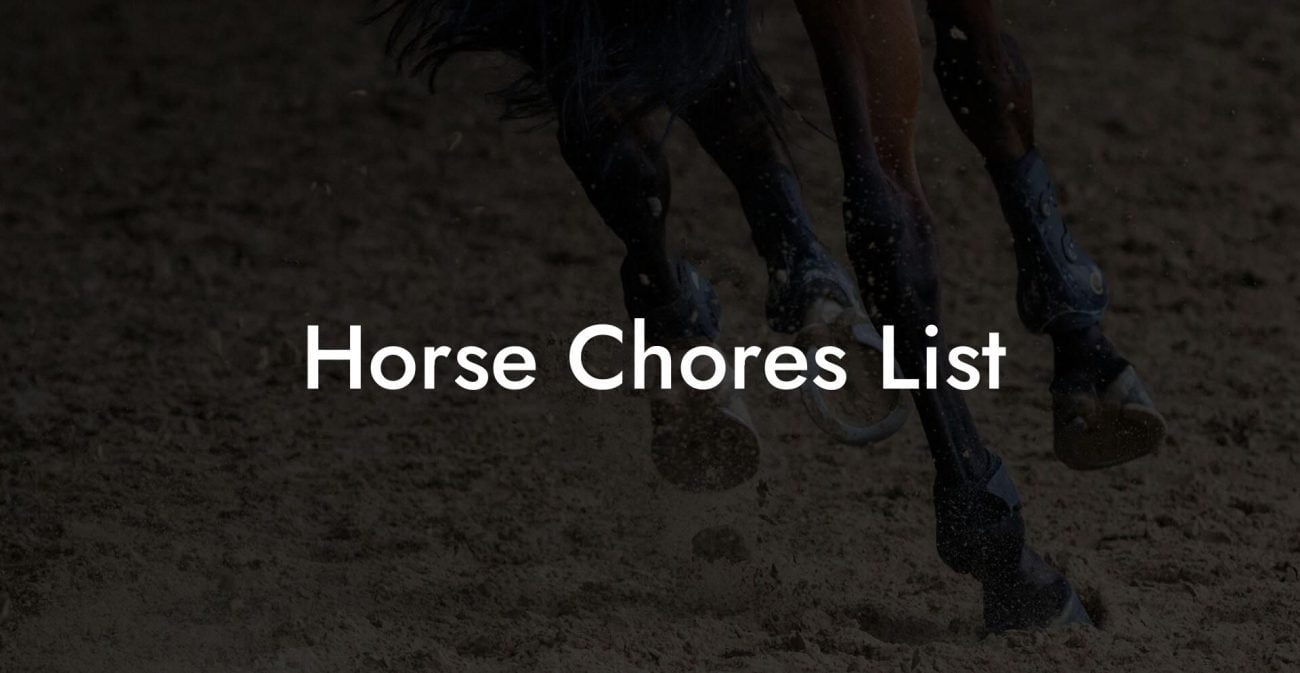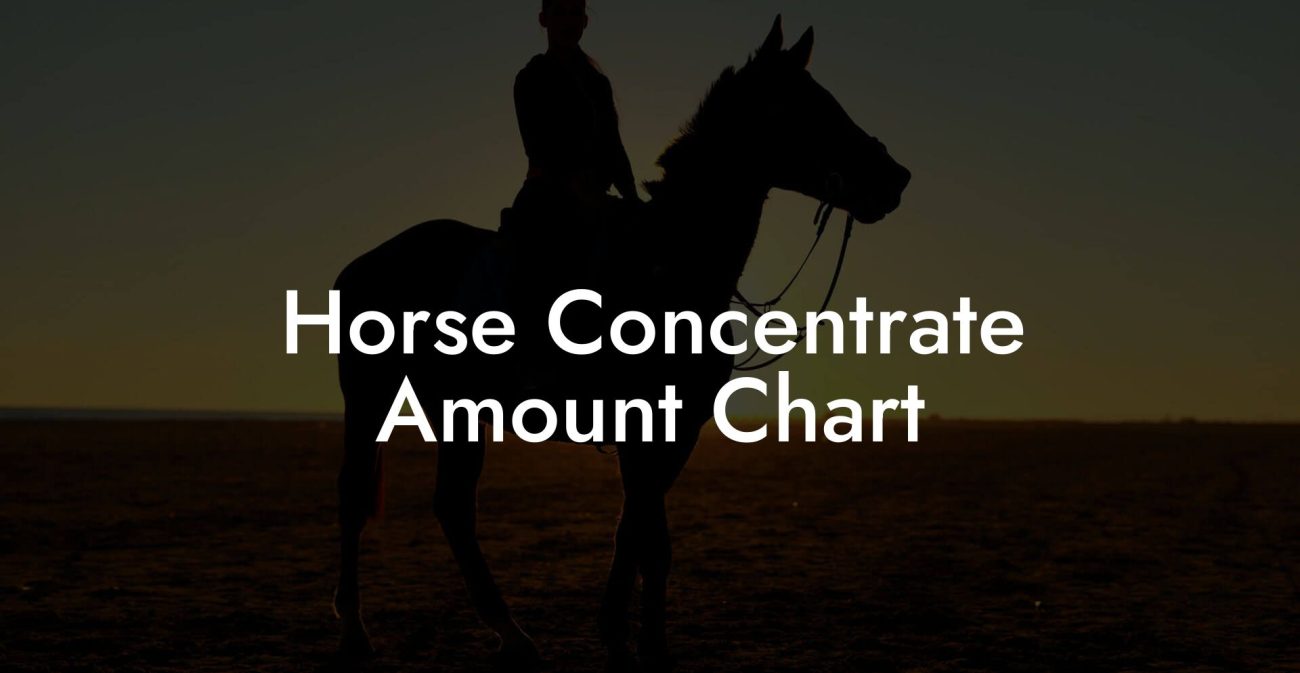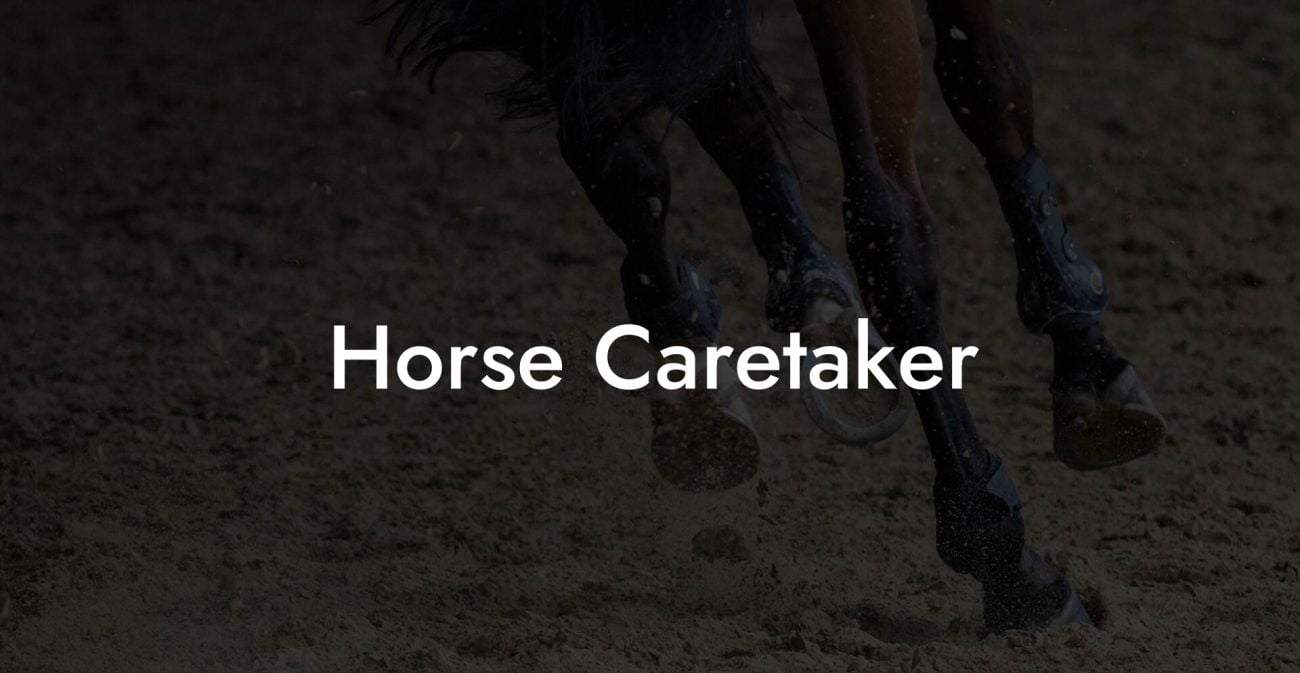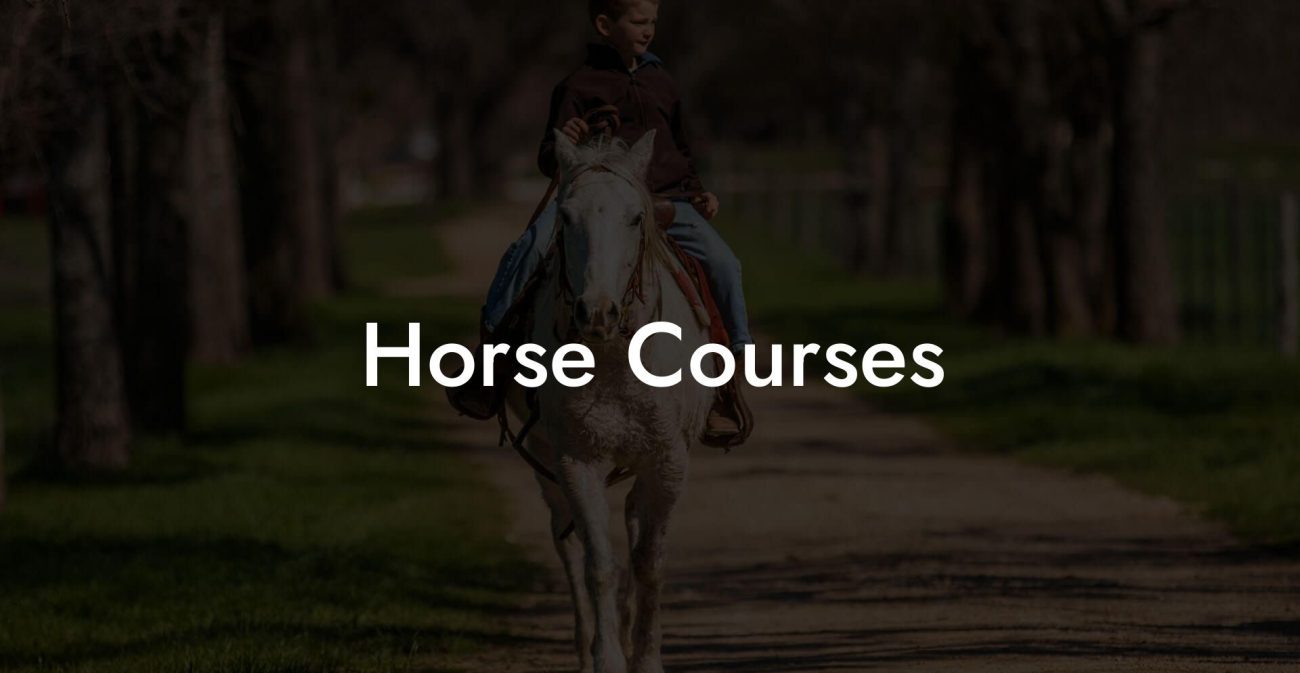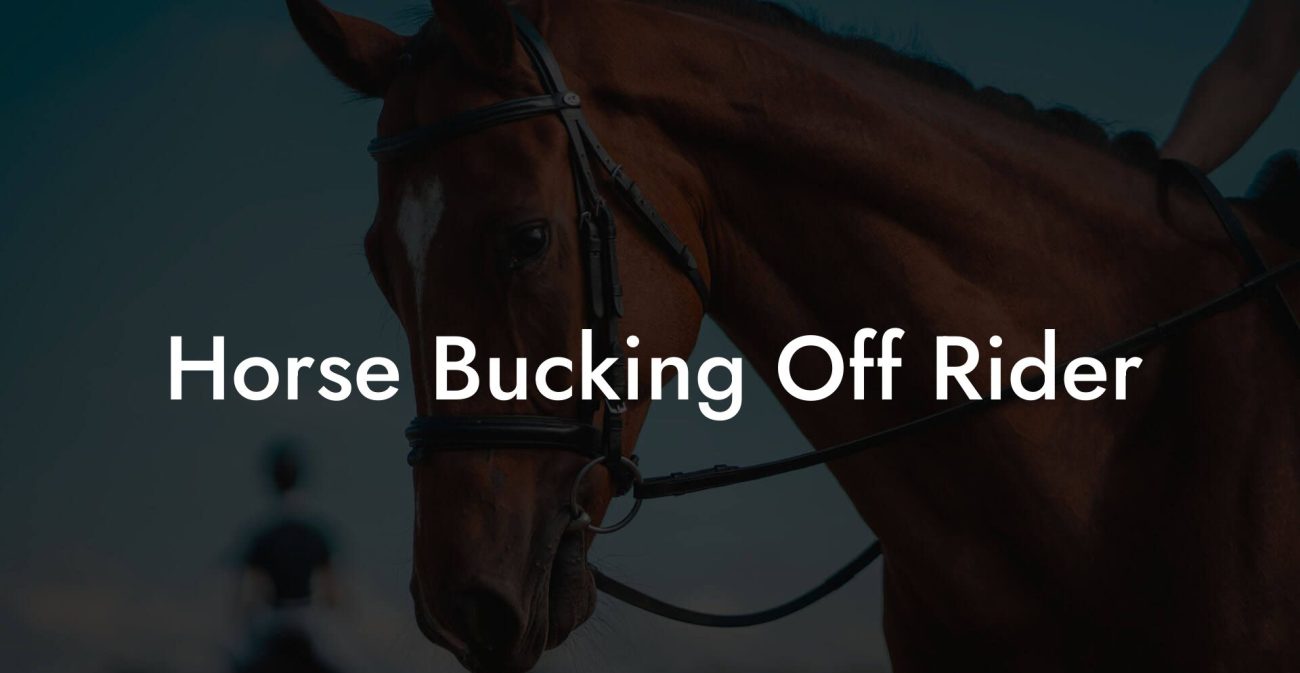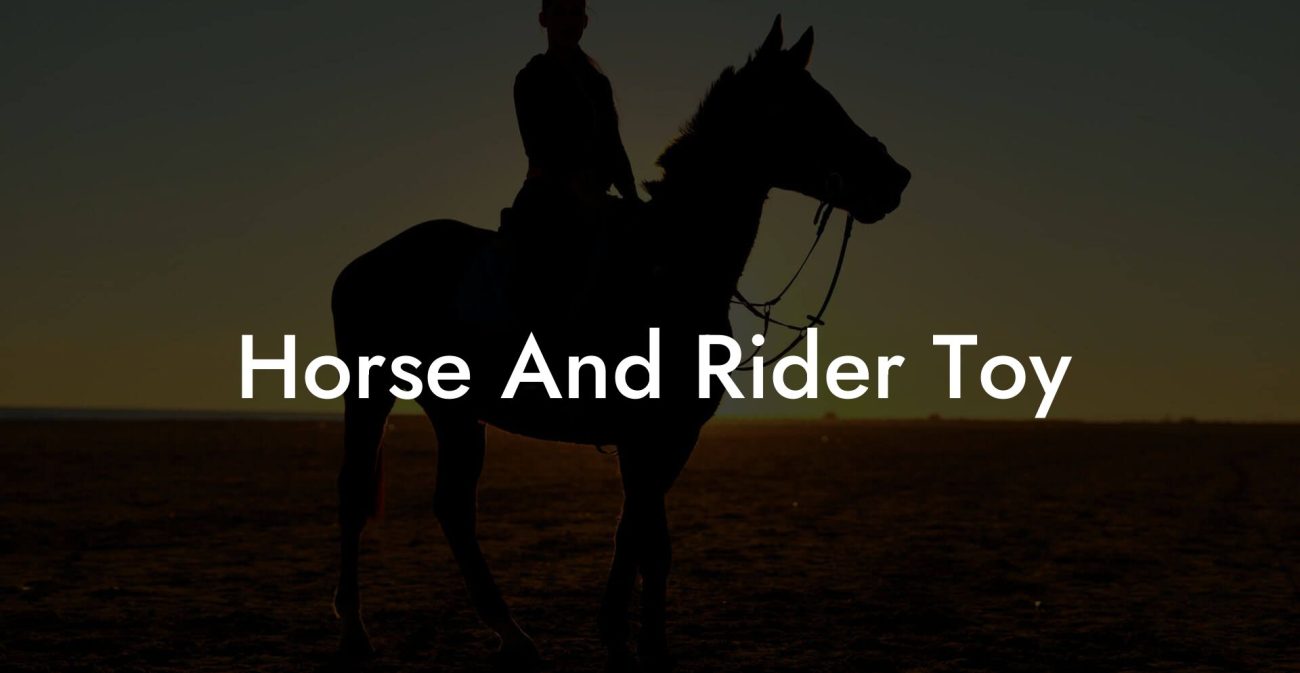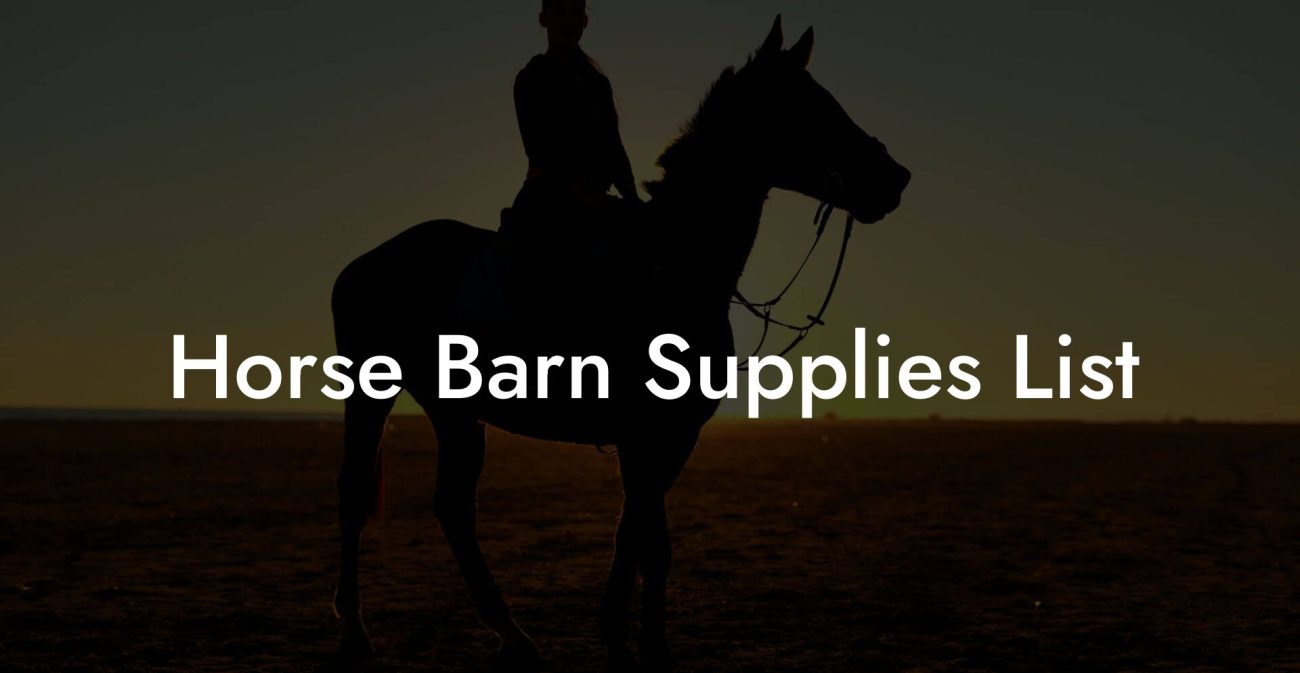Picture this: you’re at the track, the thunderous roar of the crowd in the background, the scent of turf and adrenaline in the air, and there’s a twist in the race, a horse that’s up for grabs by just about anyone with the cash and the guts. Welcome to the exciting and sometimes perplexing world of claiming in horse racing, a concept as bold as your favorite viral meme and as transformative as that perfect Instagram filter. Whether you’re a rookie racing fan, a savvy owner curious about maximizing your horse’s potential, or just someone passionate about caring for horses in your own backyard, this deep dive will unravel the secrets of claiming, injecting humor, history, and a modern twist that speaks directly to the Gen-Z and millennial spirit.
Quick Links to Useful Sections
- Unraveling the Claiming Conundrum
- A Quick History Lesson: Claiming in the Evolution of Horse Racing
- How Does Claiming Work? The Nuts and Bolts of the Transaction
- The Strategic Dance: Pros and Cons of Claiming Races
- Pros
- Cons
- Claiming vs. Non-Claiming Races: What’s the Real Difference?
- Key Terms and Slang: Decoding the Lingo
- Real-World Examples and Case Studies: When Claiming Changes Lives
- Case Study 1: The Overnight Sensation
- Case Study 2: The Strategic Resale
- Case Study 3: A Trainer’s Bold New Vision
- Claiming and Horse Care: Where Racing Meets Responsibility
- Equine Care 101: Tips for Your Claimed Champion
- 1. Establish a Routine
- 2. Prioritize Proper Nutrition
- 3. Invest in Training and Rehabilitation
- 4. Keep Up with Veterinary Care
- 5. Nurture a Stress-Free Environment
- The Business Side: Claiming as a Stepping Stone in Racing Careers
- Your Guide to Becoming a Savvy Claim Buyer
- Resources and Community Support: Your Next Steps
- Claiming FAQs: Your Questions Answered
- Your Journey to Mastering the Art of Claiming and Equine Excellence
Unraveling the Claiming Conundrum
At its heart, claiming is a unique facet of horse racing where every race doubles as an opportunity for change, a chance for a new owner to step in and claim a contesting horse by paying a predetermined price. Unlike owner stakes or allowance races, a claiming race turns the competitors into potential assets. Think of it as the ultimate yard sale, but instead of discount sneakers, you’re shopping for thoroughbred talent. The concept might sound a little quirky at first, but dig a little deeper, and you'll see that claiming is a vital mechanism used to balance competition and breed opportunity in the sport.
In a claiming race, every horse on the track has a price tag attached. If you believe in the potential of a particular horse or simply have the knack for spotting a contender before they become the next superstar, you can claim the horse by purchasing it. While it may seem like a straightforward transaction, it opens up a world of strategy, risk, and reward, making horse racing not just a test of speed but of business acumen as well.
Whether you’re fantasizing about owning the next racing legend or just eager to understand the mechanics behind this pivotal industry practice, our guide is designed to break down the complexities through engaging narratives, real-world examples, and practical insights that tie in the broader topics of horsemanship and the art of caring for these magnificent athletes.
A Quick History Lesson: Claiming in the Evolution of Horse Racing
To appreciate the marvel of claiming races, we have to rewind the clock a bit. The roots of claiming date back over a century as racing evolved from amateur contests to a more structured, competitive sport where performance and value became intrinsically linked. In the early days, horse racing was predominantly the domain of the elite, wealthy owners and aristocrats. But as the sport gained popularity, the need to level the playing field emerged, giving rise to claiming races as a method of redistributing talent.
Over time, claiming became a critical tool for both trainers and owners. For the trainer, a horse in a claiming race isn’t just a competitor, it’s a potential ticket to proving their mettle by transforming a modestly-priced horse into a star performer. For the owner, it’s a calculated risk: invest in a horse at a set price and, with a bit of luck and flair, turn a profit by winning races or selling at an elevated value. The evolution of claiming is a testament to how horse racing has always been about more than just the thrill of the race, it’s also about community dynamics, commerce, and the complex art of horse care.
As the sport adapted to modern times, claiming rules and regulations have also evolved to keep the competitive spirit alive while ensuring fairness and safety. This dynamic interplay between tradition and innovation is part of what makes horse racing so endlessly fascinating.
How Does Claiming Work? The Nuts and Bolts of the Transaction
So, what exactly happens when a horse is “claimed” in a race? Let’s break it down into bite-sized pieces:
- The Price Tag: Each horse in a claiming race comes with a specified dollar amount, a price that reflects its perceived potential based on past performance, pedigree, and overall condition. That price is set by the racing authorities and often becomes a focal point of intense scrutiny and discussion.
- The Claiming Process: When you enter a claiming race, you’re not just there to win on the track but also to put forward a claim. After the race, if the horse you’re interested in finishes in a spot that makes it eligible (usually within a specified order of finish), the claiming process is activated, and the winning bid effectively transfers ownership.
- Risk vs. Reward: For both the buyer and the selling owner, claiming is a gamble. Buyers hope to secure a hidden gem that performs even better than expected, while sellers are eager to offload horses that aren’t quite up to par for competitive races, turning potential liabilities into cash and sometimes even launching new careers in training.
- Contractual Nuances: The details of claiming contracts can get complicated, with clauses regarding conditions, warranties, and post-race responsibilities. It’s not uncommon for insurance, veterinary checks, and detailed paperwork to play supporting roles in these high-stakes transactions.
The simplicity of the concept belies the intricate planning and fierce competition that underpin these transactions. Essentially, claiming transforms a race into a live auction, where every horse carries a promise of new beginnings and the potential for dramatic turnarounds.
The Strategic Dance: Pros and Cons of Claiming Races
Like any high-stakes game, claiming in horse racing comes with its own set of advantages and disadvantages. Let’s take a closer look at the key pros and cons, all while adding a dash of humor and reality that resonates with modern horse enthusiasts:
Pros
- Opportunity for New Owners: Claiming races democratize the world of horse racing. They allow new entrants and investors to step in and take a chance on a horse that might be undervalued, like finding a hidden low-budget indie film that turns out to be a masterpiece.
- Business and Profit Potential: For the savvy entrepreneur, a well-chosen claim can lead to significant financial gains. The thrill of turning an underperformer into a champion is akin to discovering the next tech startup success story.
- Enhances Competition: With the constant influx of fresh horses, claiming races keep the field wide open. This diversity ensures that established stars are regularly challenged, pushing everyone to improve, a bit like friendly competition among influencers vying for social media clout.
- A Fresh Start for Horses: For horses that may not have reached their peak with previous owners, claiming offers a chance at a new beginning. This “reset” can reinvigorate a trainer’s approach to horse care and performance management.
Cons
- High Risk for Buyers: The buyer’s gamble is real, if the claimed horse underperforms or has undisclosed issues, the investment might not pay off. It’s like buying a trendy gadget online only to have it malfunction at the worst possible time.
- Complex Regulations: The rules of claiming races are intricate and can be challenging to navigate. Any misstep in understanding the criteria or procedure might not only cost money but also disrupt a promising career in racehorse training or ownership.
- Emotional Rollercoaster: For trainers and owners, the emotional stakes are high. The fluctuation from the thrill of a potential win to the sting of a poorly performing claim can be as intense as riding a roller coaster without a seatbelt.
- Impact on Horse Welfare: Although claiming races offer a fresh start, they can occasionally lead to situations where horses may be transferred without sufficient due diligence on their health or well-being. This is where robust horse care practices become essential to ensure that every athlete gets the proper treatment post-claim.
The strategic dance of claiming is a high-wire act that balances risk against reward, innovation with caution, and business acumen with a heartfelt commitment to horse care. For those who venture into this arena, every decision is a masterclass in calculated risk and opportunity.
Claiming vs. Non-Claiming Races: What’s the Real Difference?
To really understand the uniqueness of claiming, it helps to compare it to non-claiming races, where the horses remain with their current connections regardless of the outcome. In non-claiming races, the focus is solely on performance, strategy, and finishing times. Every horse runs for glory, and while tremendous athleticism is on display, the ownership remains static.
In claiming races, however, every race is a potential game-changer. Here’s how they stack up:
- Ownership Dynamics:
In non-claiming races, you’re watching a team with a long history and deep investment in their horses. Claiming races, on the other hand, are like an open marketplace where horses can change hands almost as quickly as trends change on TikTok. - Competitive Spirit:
Claiming races often bring in horses that might not have been competitive in higher-level stakes or allowance races. This makes the competition unpredictable, every competitor is simultaneously a racer and a commodity, which adds a layer of suspense and excitement. - Impact on Horse Care and Training:
Non-claiming races allow trainers the luxury of long-term plans without the worry of losing their star pupil. In claiming races, trainers must work with the clock, knowing that a successful performance could mean handing over a well-cared-for asset to someone else, or conversely, using that claim as a stepping stone to greater opportunities.
The differences between the two are stark, yet they coexist in the racing world to create a mosaic of strategies, talents, and opportunities. Whether you lean towards the stability of non-claiming races or are fascinated by the dynamic business of claiming, each format offers its own unique thrill.
Key Terms and Slang: Decoding the Lingo
If you’ve ever dipped your toes into the world of horse racing, you know that the lingo can be as colorful as the track itself. Here are some key terms and slang phrases that pop up in the context of claiming races:
- Claiming Price: The set dollar amount at which a horse can be purchased in a claiming race. It’s essentially the horse’s market value, subject to negotiation if you’re lucky enough to be in the know.
- Box Claiming: A situation where all horses in the race are available for claim, giving buyers the chance to choose from a “box” of potential investments. Think of it as online shopping with a twist, every purchase is a gamble, but with higher stakes.
- Wash Claiming: This occurs when a horse, typically runner-up or not firmly placed in the finishing order, is thrown into the claiming mix as a last-minute inclusion. It’s a bit like that unexpected post on your feed that suddenly goes viral.
- Non-Claiming: Races where the horses are not available to be purchased regardless of the outcome. These races are purely about performance and strategy with no change in ownership.
- Dealers and Claiming Agents: The folks who hustle in the background, negotiating claims, verifying paper trails, and ensuring every transaction adheres to the stringent rules of the sport. They’re the unsung heroes, the behind-the-scenes dealmakers of the racing world.
Getting familiar with these terms not only enhances your appreciation of the sport but also equips you with the vocabulary needed to navigate discussions, forums, and even those lively dinner table debates about the future of horse racing.
Real-World Examples and Case Studies: When Claiming Changes Lives
Numbers and theoretical discussions can only take you so far. Let’s dive into some real-world examples that illustrate the transformative nature of claiming races, both for the horses and the people involved.
Case Study 1: The Overnight Sensation
Meet Thunderbolt, a modestly priced horse that had been struggling at the lower tiers of racing. During one pivotal claiming race, a savvy owner with a keen eye saw not just a contender, but a diamond in the rough. After claiming Thunderbolt, the new connections revamped the horse’s training regimen, implemented targeted dietary changes, and introduced a holistic approach to horse care. The result? Thunderbolt went on to secure a series of impressive wins, earning accolades and a reputation as a genuine crowd-pleaser. This is a classic example of how a claim can not only change fortunes but also provide an opportunity to enhance a horse’s well-being with focused care and nurturing.
Case Study 2: The Strategic Resale
In another scenario, a seasoned trainer identified a horse that, while talented, had been underutilized by its previous owners. The trainer claimed the horse in a race that was as much about acquiring potential as it was about winning. Following intensive rehabilitation and a modern overhaul of its training program, complete with smart technologies like fitness trackers and biofeedback tools, the horse’s performance improved dramatically. Not only did the resale value skyrocket, but the horse also went on to become a regular on social media feeds as owners and fans celebrated its meteoric rise. This case highlights the business savvy behind claiming, where smart horse care and strategic training can lead to both competitive and financial rewards.
Case Study 3: A Trainer’s Bold New Vision
For many trainers, claiming races aren’t just about acquiring a new horse, they’re about embracing innovation. One ambitious trainer decided to transform a claiming race routine by integrating modern horse care practices with traditional training methods. By adopting alternative therapies, improved nutrition plans, and leveraging community insights, this trainer not only turned around the horse’s performance but also set a new benchmark in the local racing circuit. The success story spurred renewed interest among fellow trainers and owners, fostering a community where knowledge and best practices in horse care were shared generously.
These case studies are living proof that in the realm of claiming, every transaction carries the potential to rewrite destinies. Whether it’s a fresh start for a struggling horse or a strategic investment that reaps rewards on and off the track, the impact of claiming is both tangible and thrilling.
Claiming and Horse Care: Where Racing Meets Responsibility
For many modern enthusiasts, especially those of you who are passionate about how to care for a horse, claiming isn’t just a business maneuver. It’s a crossroads where the competitive spirit of racing meets the compassionate commitment to equine well-being. Owning a claimed horse comes with the responsibility of ensuring that every horse is nurtured properly, keeping in mind not only its physical performance but also its overall health and happiness.
Here are some key considerations when it comes to caring for a claimed horse:
- Nutritional Planning: Upgrade that stable menu! Provide a balanced diet rich in vitamins, minerals, and anti-inflammatory ingredients to boost recovery and overall performance.
- Personalized Training: Recognize that every horse is unique. Work with veterinarians and trainers to craft a training regime that tailors both endurance and strength, think of it as personalized workout routines for our equine friends.
- Regular Health Checks: Just like you wouldn’t skip your annual physical, a claimed horse needs consistent vet check-ups to detect any underlying issues that might affect performance or well-being.
- Mental and Emotional Well-being: Horses are remarkably sensitive creatures. Ensure they have a stress-free environment with ample social interaction, playful activities, and plenty of downtime in a safe, comfortable stable.
- Innovative Monitoring: Leverage modern technology such as wearable sensors and mobile apps that help track performance metrics, health parameters, and recovery patterns. These digital tools can be especially appealing if you’re a tech-savvy millennial who loves data insights.
Bringing a fresh perspective to horse care not only supports their performance in the races but also ensures that each horse lives a life enriched with care, compassion, and excellent management. In the fast-paced and ever-changing world of horse racing, blending the thrill of competition with the heart of authentic care creates a winning formula.
Equine Care 101: Tips for Your Claimed Champion
Whether you’re new to horse ownership or a seasoned caretaker looking to refine your approach, these practical tips will help you keep your claimed horse in prime condition:
1. Establish a Routine
As with any high-performance athlete, consistency is key. Design a daily schedule that includes time for feeding, exercise, grooming, and rest. A predictable routine helps reduce stress and keeps the horse’s body and mind in sync.
2. Prioritize Proper Nutrition
Invest in high-quality feed and supplements that are tailored to your horse’s age, workload, and overall health. Consult with an equine nutritionist if needed, and remember: hydration is as essential as those trending oat bowls on your social media feed.
3. Invest in Training and Rehabilitation
Even if your horse is a claiming acquisition, it deserves world-class training. Collaborate with experienced trainers who incorporate modern techniques, such as biofeedback or technology-driven performance tracking, to get the best out of your champion.
4. Keep Up with Veterinary Care
Regular check-ups, vaccinations, and dental care are non-negotiable. Schedule periodic exams to catch any potential health issues early and give your horse the long, healthy career they deserve.
5. Nurture a Stress-Free Environment
Horses are incredibly intuitive creatures, they pick up on emotions. Create a stable environment that’s serene, comfortable, and reflective of a genuine commitment to their well-being. Sometimes, a little extra love and attention can work wonders.
Embracing these strategies not only bolsters your horse’s racing performance but also enriches your overall experience as an equine caregiver. In a world that values both speed and heart, the art of caring for a horse is an indispensable part of the journey.
The Business Side: Claiming as a Stepping Stone in Racing Careers
When you dig deeper, claiming races are not just a financial maneuver, they’re pivotal in shaping racing careers. Trainers, owners, and racing professionals often use claiming as a launching pad. It allows a relatively unproven horse to be showcased on a competitive platform where a breakthrough performance can redefine its worth overnight.
For many professionals in the racing industry, claiming is about making a calculated bet on potential. It’s a move that signals confidence, strategy, and the readiness to take risks, a mindset that resonates deeply with contemporary entrepreneurial values. For instance, just as a startup CEO might pivot their business model based on emerging data, a trainer might shift gears with a claimed horse, implementing novel training regimens, advanced horse care techniques, and innovative performance analytics.
By embracing the dynamic nature of claiming races, you open up a world of opportunities, not just to win races but to build a reputation as a visionary in the sport. As horses change hands and fortunes shift, the success stories that emerge from claiming races fuel the competitive passion of an industry that’s always on the lookout for the next breakthrough.
Your Guide to Becoming a Savvy Claim Buyer
For those looking to delve into the purchasing side of claiming, here are some actionable tips that mix business savvy with genuine care for the horse:
- Do Your Homework: Research the horse’s past performances, physical condition, and even pedigree. Leverage statistics, historical data, and even social media buzz to make an informed decision.
- Know Your Numbers: Understanding the financial risk is crucial. Set a clear budget and be prepared for the possibility of unexpected expenses related to care or improvements.
- Build Relationships: Network with trainers, veterinarians, and other experienced professionals in the industry. Their insights can be invaluable when assessing a potential purchase.
- Plan for the Future: Once you claim a horse, have a robust plan that encompasses both its racing career and its long-term well-being. Remember, every claimed horse is an investment in both a business venture and a living creature that needs care.
- Stay Current: Be on the lookout for emerging trends in horse care, racing strategies, and technology that can give your claimed horse that extra edge.
Transitioning from the thrill of the claim to the meticulous care of a horse once under your wing is a journey that marries passion with pragmatism. It’s about turning a high-stakes gamble into a legacy of excellence on the track.
Resources and Community Support: Your Next Steps
Embarking on the claiming journey, or even just learning about its nuances, is only the beginning. Whether you’re an aspiring owner, a seasoned trainer, or simply an enthusiast fascinated by the blend of business and horse care, there’s a vibrant community out there waiting to support and inspire you.
- Online Forums and Social Media Groups: Platforms such as Reddit, Facebook groups, and specialized racing forums provide real-time advice, success stories, and cautionary tales from experienced professionals. These communities are great resources for insider tips and up-to-date trends in both claiming and horse care.
- Workshops and Webinars: Look for events hosted by racing associations and horse care experts. These sessions often delve into advanced topics such as strategic claiming, modern training techniques, and holistic equine nutrition.
- Industry Publications: Subscribe to leading racing journals, blogs, and newsletters. Whether in print or digitally, these publications offer valuable analysis, market trends, and features on success stories within the claiming arena.
- Local Racing Clubs and Associations: Joining your local racing club can provide hands-on experience, mentorship opportunities, and direct access to seasoned professionals who are eager to share their expertise in both claiming races and effective horse care.
- Veterinary and Nutritional Advisors: Don’t overlook the importance of professional guidance in maintaining your horse’s health. Regular consultations with specialized equine veterinarians and nutritionists can optimize performance and ensure your horse has a long, healthy career.
These resources are not just practical, they’re the lifeblood of an industry that thrives on shared passion, innovation, and a commitment to excellence in both racing and horse care. So, whether your next step is to attend a webinar, join a racing forum, or reach out to a trusted advisor, remember that you’re not alone on this journey.
Claiming FAQs: Your Questions Answered
We’ve covered a lot of ground, and naturally, you may have some burning questions about claiming in horse racing. Read on as we answer some of the most common queries with clarity and a touch of humor.
1. What exactly does “claiming” mean in horse racing?
Claiming refers to a specific type of race where every horse is purchased at a predetermined price, meaning that if you finish in the eligible position, you can buy that horse for the set claim price.
2. How is the claiming price determined?
The price is set by racing authorities based on a horse’s past performance, pedigree, and overall condition. Essentially, it’s a snapshot of the horse’s market value at that moment.
3. Who typically participates in claiming races?
Claiming races attract a diverse range of participants, from veteran owners and shrewd trainers to aspiring entrepreneurs looking for that next big breakthrough in racing.
4. Are claiming races risky investments?
Like any investment, there’s always a risk. Buyers must assess the horse’s past performance, current condition, and potential for improvement. It’s a calculated gamble that blends business acumen with a dash of luck.
5. How do claiming races affect a horse’s future?
A claiming race can offer a fresh start for a horse that may have underperformed previously. With new training and better care, many horses go on to excel, proving that a change in environment can be transformational.
6. What are the key factors to look for before claiming a horse?
Key factors include the horse’s health, past race results, physical condition, and the overall expertise of the trainer and care team. Doing your homework beforehand is essential.
7. Can claiming races improve a horse’s performance?
Absolutely. With the right training, nurturing, and sometimes a new sense of purpose, many claimed horses have turned their careers around and gone on to shine on the track.
8. How does claiming compare to non-claiming races?
In non-claiming races, ownership remains fixed, and the focus is solely on performance. Claiming races, by contrast, incorporate a transactional element where ownership can change hands based on performance, adding a layer of strategic risk and opportunity.
9. What should I do if I’m interested in claiming a horse?
Start by researching the horses in the claiming race, consult with seasoned professionals, and set a clear financial and care plan. Networking and learning from experienced owners can also guide your decision.
10. Is there a community where I can learn more about claiming and horse care?
Yes! Numerous online forums, social media groups, and local racing clubs provide the latest insights, personal success stories, and invaluable advice on both claiming races and modern horse care practices.
Your Journey to Mastering the Art of Claiming and Equine Excellence
Stepping into the world of claiming races is like diving into a roller coaster of business savvy, high-stakes risk, and the unyielding passion for horse racing. Whether your goal is to secure that underdog with untapped potential or to elevate your horse care game to new heights, the claiming process offers endless opportunities for innovation and personal growth.
With every race and every claim, you’re not just buying a horse, you’re investing in a legacy. It’s an opportunity to transform raw potential into dazzling performance, a moment where passion for the track meets dedication to exceptional horse care. Embrace the journey, learn from each twist and turn, and let your entrepreneurial spirit and genuine love for horses guide you.
As you navigate this multifaceted world, remember that every high-risk move is balanced by the promise of a fresh start. The strategic brilliance of a well-timed claim can redefine careers, awaken hidden talents, and foster a community where innovation and tradition blend seamlessly. Your journey in horse racing isn’t just about the finish line, it’s about savoring every step, every gallop, and every moment of care that makes these majestic animals more than just competitors on the track.
Embrace the art of claiming, put your unique spin on horse care, and join the ever-evolving narrative of a sport that thrives on passion, precision, and progress. The track is yours, claim your future, nurture excellence, and watch as every race tells a story of transformation, dedication, and the relentless pursuit of greatness.

